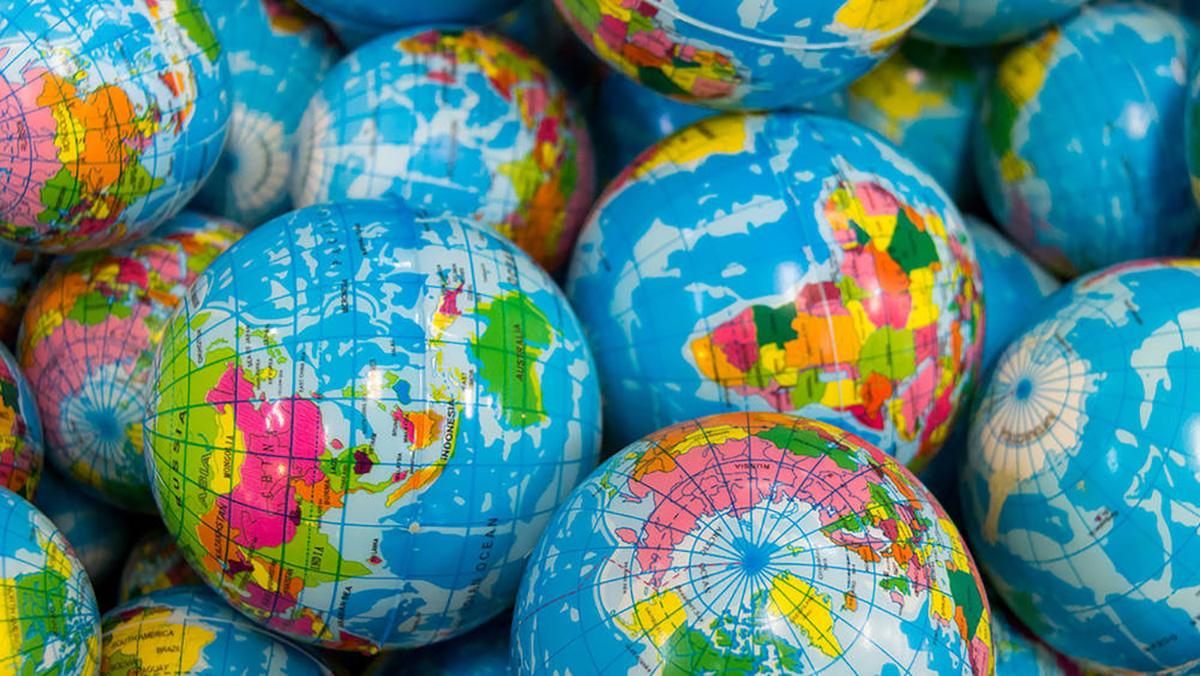
Arabisation: Preserving Identity in a Globalized World
In a rapidly globalizing world, cultural preservation has become a critical concern for many societies. One such phenomenon is “Arabisation,” a process that involves the spread of Arabic language, culture, and values beyond the Arab world. This article delves into the concept of Arabisation, its impact, challenges, and benefits, highlighting how it contributes to the preservation of identity in an increasingly interconnected world.
Starting
Arabisation, often referred to as the Arabization or Arabization, is a phenomenon that has gained prominence in recent years due to the interconnectedness of cultures across the globe. It refers to the process through which Arabic language, customs, traditions, and values are disseminated to non-Arab societies.
Understanding Arabisation
Arabisation encompasses more than just language; it involves the infusion of Arab cultural elements into various aspects of daily life, ranging from cuisine and fashion to music and architecture. This process aims to bridge cultural gaps, foster mutual understanding, and promote unity among diverse populations.
Historical Context and Spread
The historical roots of Arabisation can be traced back to the early Islamic expansion when Arabic became the language of the Quran and, consequently, gained religious significance. As the Islamic Empire expanded, Arabic culture and language spread alongside it, influencing regions from North Africa to the Iberian Peninsula.
The Influence on Language
Language lies at the heart of Arabisation. Many non-Arab societies have adopted Arabic words and phrases, enriching their own languages. This linguistic intermingling has led to increased cultural exchange and mutual respect.
Cultural Transformation and Preservation
Arabisation is a two-way street, often leading to a blending of cultures. While Arab elements are incorporated, the host cultures also contribute their unique characteristics. This exchange helps in preserving cultural heritage while adapting to the changing world.
Arabisation in Education
Many educational institutions around the world offer Arabic language courses and Arab culture studies. This fosters greater cross-cultural understanding and equips individuals with valuable linguistic skills.
Challenges Faced
Despite its advantages, Arabisation faces challenges such as resistance from traditionalists who fear dilution of their cultural identity. Finding a balance between preserving local heritage and embracing global interconnectedness is crucial.
Balancing Globalization and Arabisation
Arabisation presents a middle ground between globalization and cultural preservation. It emphasizes the importance of cultural diversity while promoting unity through shared values.
Arabisation in Media and Pop Culture
Arabic music, films, and literature are gaining international popularity, showcasing the universal appeal of Arab culture. This cultural exchange breaks stereotypes and fosters mutual respect.
Economic Implications
The globalization of Arab culture has opened doors for economic growth. The popularity of Arabic fashion, cuisine, and art has created new market opportunities and boosted tourism.
Arabisation vs. Westernization
Arabisation is often seen in contrast to Westernization. While Westernization emphasizes modernity and Western values, Arabisation promotes the preservation of indigenous cultures and values.
Benefits of Cross-Cultural Pollination
Arabisation contributes to a rich tapestry of global cultures. The exchange of ideas, traditions, and values leads to a more interconnected and harmonious world.
The Role of Technology
In the digital age, technology facilitates the rapid spread of Arab culture. Social media, streaming platforms, and online education have accelerated the process of Arabisation.
Promoting Multilingualism
Arabisation encourages multilingualism by inspiring individuals to learn Arabic alongside their native languages. This linguistic diversity enhances cognitive abilities and fosters intercultural dialogue.
Conclusion
Arabisation stands as a testament to the power of cultural exchange in shaping a more inclusive world. By embracing Arab language, traditions, and values, societies can preserve their unique identities while fostering mutual respect and understanding.







